Mathematics
“Mathematics is a creative and highly inter-connected discipline that has been developed over centuries, providing the solution to some of history’s most intriguing problems. It is essential to everyday life, critical to science, technology and engineering, and necessary for financial literacy and most forms of employment. A high-quality mathematics education therefore provides a foundation for understanding the world, the ability to reason mathematically, an appreciation of the beauty and power of mathematics, and a sense of enjoyment and curiosity about the subject.”
Mathematics: Purpose of Study from the 2014 National Curriculum.
What are we trying to achieve?
We want all our children to become reflective and resilient mathematicians who are able to use their mathematical knowledge to support their everyday lives. We believe that everybody is a mathematician and that everybody can do maths. This ties in closely with our Rainbow Values of Self-Belief, Critical Thinking and Resilience.
We want our children to evaluate their learning using their mathematical knowledge to succeed. They are taught to understand that the method they use is as important as their final answer and that they learn through making, and correcting, their mistakes.
Our Mathematics curriculum is part of our ‘Big Idea’ of Innovation and Exploration and enables our children to:
- become fluent in the fundamentals of mathematics, including through varied and frequent practice with increasingly complex problems over time, so that pupils develop conceptual understanding and the ability to recall and apply knowledge rapidly and accurately;
- reason mathematically by following a line of enquiry, conjecturing relationships and generalisations, and developing an argument, justification or proof using mathematical language;
- can solve problems by applying their mathematics to a variety of routine and non-routine problems with increasing sophistication, including breaking down problems into a series of simpler steps and persevering in seeking solutions.
Mathematics Themes
- Number
- Place Value
- Addition and Subtraction
- Multiplication and Division
- Fractions
- Decimals and Percentages
- Negative Numbers
- Measurement
- Length and Height
- Perimeter and Area
- Mass and Volume
- Capacity and Temperature
- Money
- Time
- Converting Units
- Geometry
- Shape
- Position and Direction
- Ratio
- Algebra
- Statistics
The White Rose Maths Primary National Curriculum Progression shows how our children develop their knowledge and skills in Mathematics during their time with us.
Our Mathematics Curriculum Progression of Vocabulary 2022-2023 lists the Mathematical vocabulary we want our children to focus on in their lessons. Our children will learn many more words than this, but these are the key words that will help them understand Mathematics and link the knowledge they have learned to other areas of the curriculum.
How do we organise learning?
To support the implementation of our Mathematics curriculum we are guided by White Rose Maths. White Rose Maths supports our teachers to develop their Mathematics expertise and plan and deliver engaging lessons. This ensures that our children progress by knowing more, remembering more and being able to do more.
White Rose Maths is a mastery method of mathematics teaching which develops mathematical thinking skills and aims to ensure that our children are able to think mathematically and solve problems with confidence. It focuses on developing deep understanding rather than just memorising mathematical facts and helps children develop self-belief, persistence and resilience. The mastery approach helps our children develop their conceptual understanding of mathematics by using concrete objects, pictorial representations and abstract thinking. You can find out more about how we structure our mathematics teaching in our Maths Non-Negotiables (see below).
Our Mathematics Yearly Overviews show the units of work our children will experience during their time with us. The calculation methods we teach children are explained in our Addition and Subtraction Calculation Policy and our Multiplication and Division Calculation Policy.
Mathematics is taught for five 1-hour lessons every week across the school usually between 11:00 and 12:00. This is shown in our timetables.
How well are we achieving our aims?
Live marking is used in lessons using highlighter pens (green for ‘got it’, orange for ‘try again’) and verbal feedback given.
If children have not gained sufficient understanding of the content of the morning’s lesson they attend a daily 10-minute afternoon ‘surgery’ to consolidate understanding before the following lesson.
White Rose Maths “End of Block Assessments” are used at the end of each unit of work to check children’s understanding.
NTS Assessments are completed at the end of each term to check children’s understanding and analyse for gaps in learning. Gaps in learning will be addressed by whole class teaching or targeted interventions.
Subject Leader: Mr Matt Wesley

Page updated on 12/11/24 by MW and KJD.
